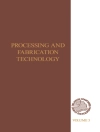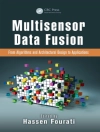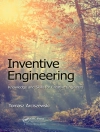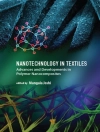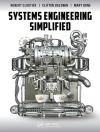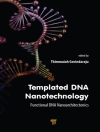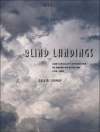Recent developments in the field of nanotechnology have paved the way for lots of innovation in a number of industrial and consumer sectors, including food and food packaging. Whilst nanofood sector is a relatively new emergent, it is widely expected to grow rapidly in the future. A number of nano-sized additives and supplements for food and healthfood products, and nanotechnology derived food packaging materials, are already available in some countries, and their number is expect...
Recent developments in the field of nanotechnology have paved the way for lots of innovation in a number of industrial and consumer sectors, including food and food packaging. Whilst nanofood sector is a relatively new emergent, it is widely expected to grow rapidly in the future. A number of nano-sized additives and supplements for food and healthfood products, and nanotechnology derived food packaging materials, are already available in some countries, and their number is expected to increase in the coming years. Whilst such developments offer enormous benefits to the food sector, they have also raised a number of issues in relation to consumer safety, environmental impacts, and ethical, policy and regulatory aspects. Despite these rapid developments in nanotechnology applications for the food sector, only a few reports and articles are currently available that provide an account of the new developments and the current size of market for nanotechnology products and applications. These also do not provide a critical evaluation of the broader aspects of the technology, such as issues around safety of the products to consumers and the environment, and adequacy of the existing regulatory controls. This book provides a source of much needed and up-to-date information on the products and applications of nanotechnology for the food sector – for scientists, regulators, and consumers alike. It also gives an independent, balanced, and impartial view of the potential benefits as well as risks that nanotechnology applications may bring to the food sector. Whilst providing an overview of the state-of-the-art and foreseeable applications to highlight opportunities for innovation, the book also discusses areas of uncertainty in relation to public perception of the new technological developments, and potential implications for consumer safety and current regulatory controls. The book also discusses the likely public perceptions of nanotechnologies in the light of past technological developments in the food sector, and how the new technology will possibly be regulated under the existing regulatory frameworks.



